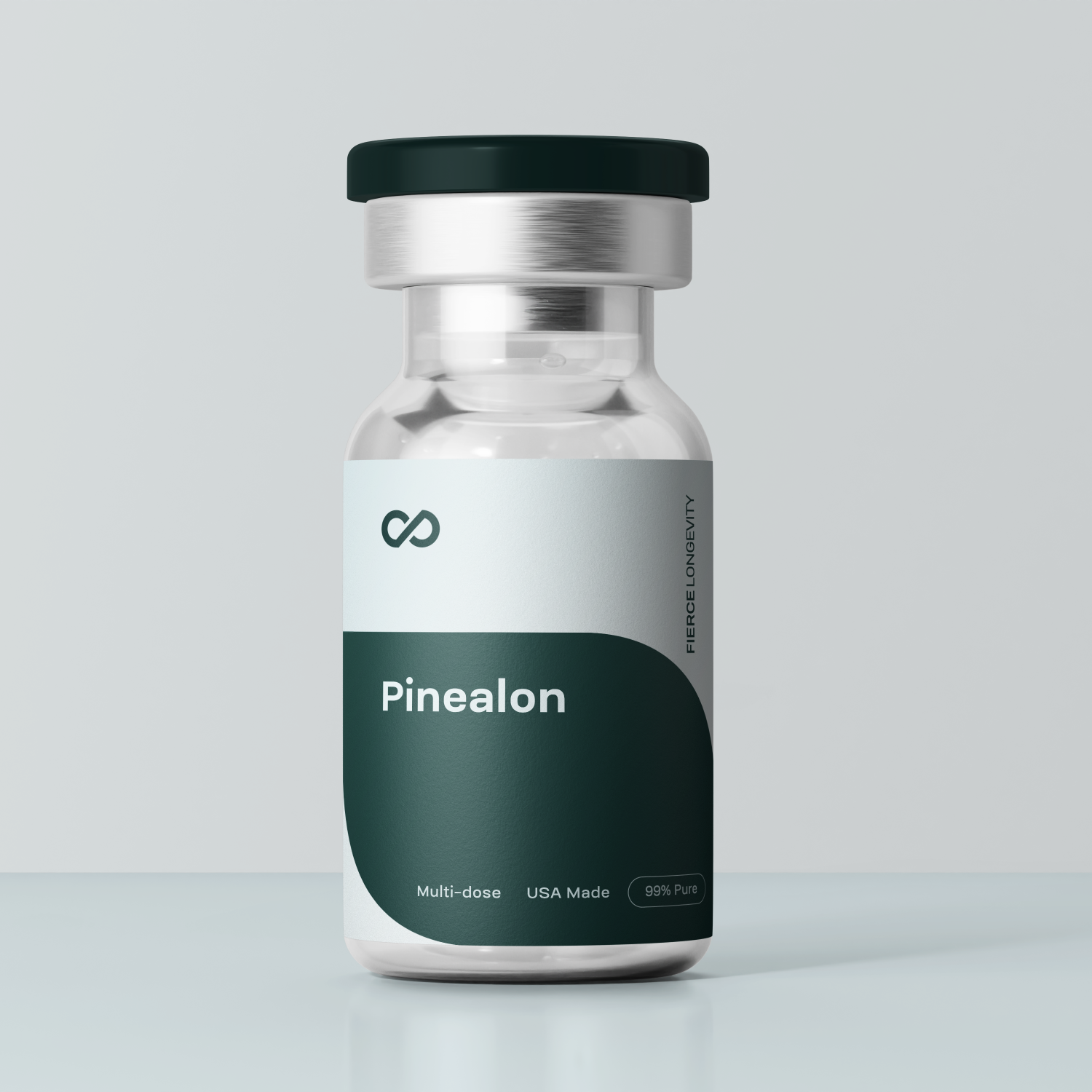
Pinealon
Pinealon—also known as EDR—is an ultrashort tripeptide (Glu-Asp-Arg) studied as a neurobiological bioregulator.
In research models, it’s shown to influence gene expression in neurons, bolster antioxidant defenses, and protect brain cells under stress conditions. While not a sleep peptide, some researchers explore its role in circadian rhythm regulation and brain recovery during sleep-wake cycles.
What's Included
- 20 Insulin Syringes (31G, 5/16”, 1cc)
- 1 Reconstitution Syringe
- 20 Alcohol Prep Swabs
- 1 Vial of Bacteriostatic Water (10 mL)
⚠️ Important Disclaimer
For Research Use Only. Not for human consumption or therapeutic treatment.

Pinealon
If you have any questions, you are always welcome to contact us. We'll get back to you as soon as possible, within 24 hours on weekdays.
-
Shipping Information
Use this text to answer questions in as much detail as possible for your customers.
-
Customer Support
Use this text to answer questions in as much detail as possible for your customers.
-
FAQ’s
Use this text to answer questions in as much detail as possible for your customers.
-
Contact Us
Use this text to answer questions in as much detail as possible for your customers.
Key Highlights
Supports Gene Expression
Shown to influence neuron-specific genes linked to brain performance and repair.
Cell Protection Under Stress
Helps reduce oxidative damage and preserve neuronal integrity in stress models.
Antioxidant Shield
Enhances natural antioxidant defenses and mitochondrial resilience.
Circadian Synergy
May support the body’s natural rhythm and neuro-restorative processes.
Healthy Brain Aging
Investigated for maintaining cognitive clarity and reducing age-related decline.
Neuroplasticity Focused
Encourages adaptive neuronal communication and synaptic health.
Included in the Box
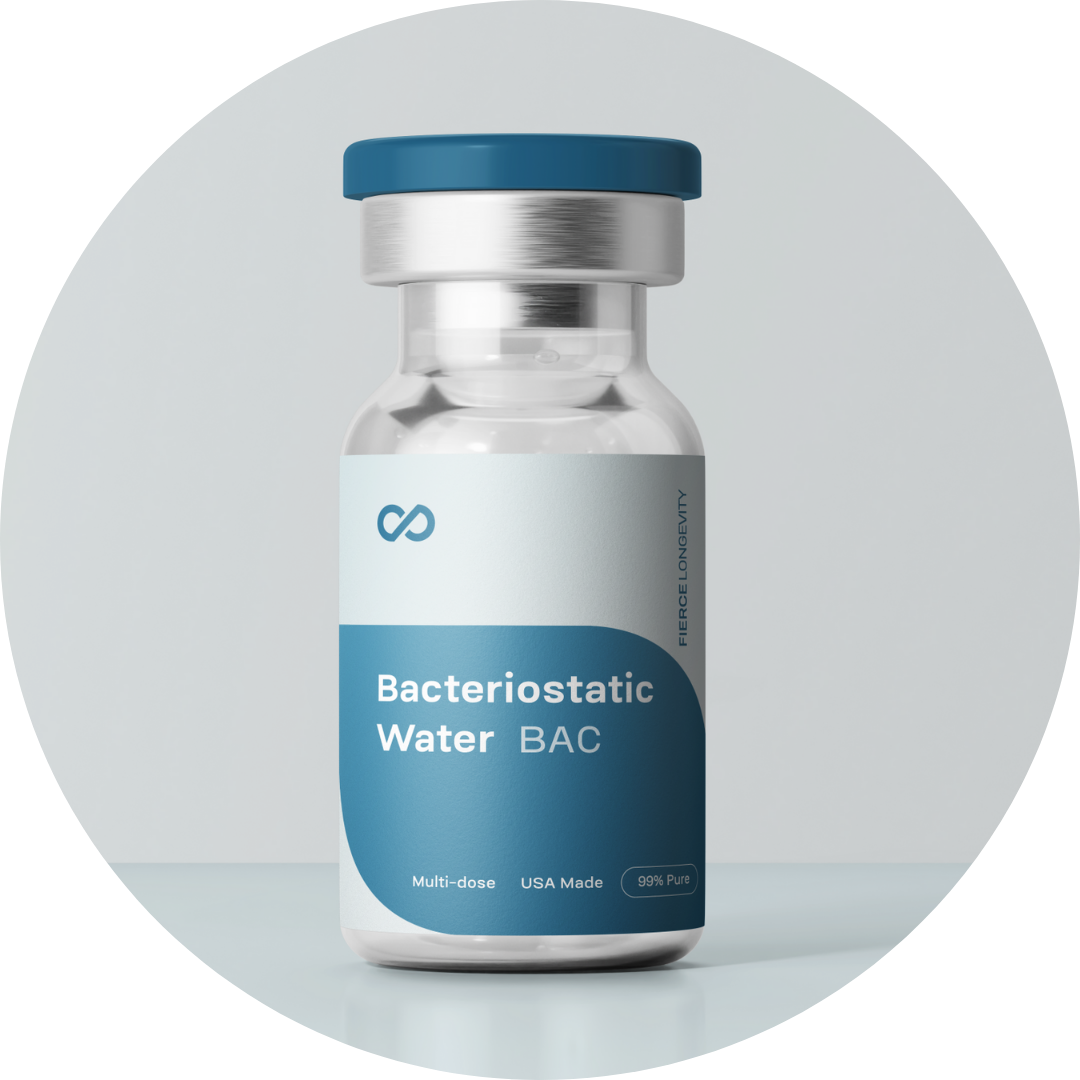
1 Vial of Bacteriostatic Water (10 mL)
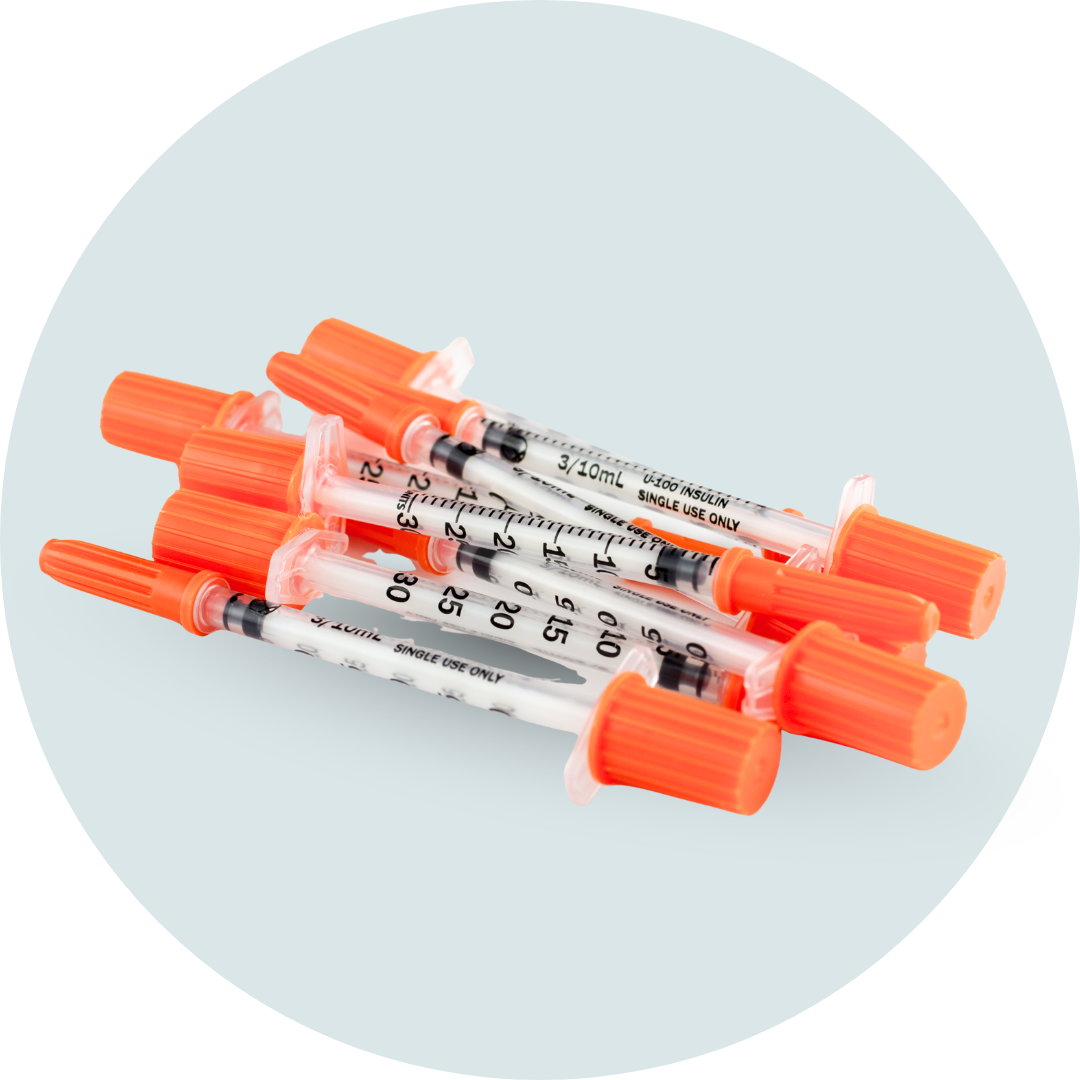
20 Insulin Syringes (31G, 5/16”, 1cc)
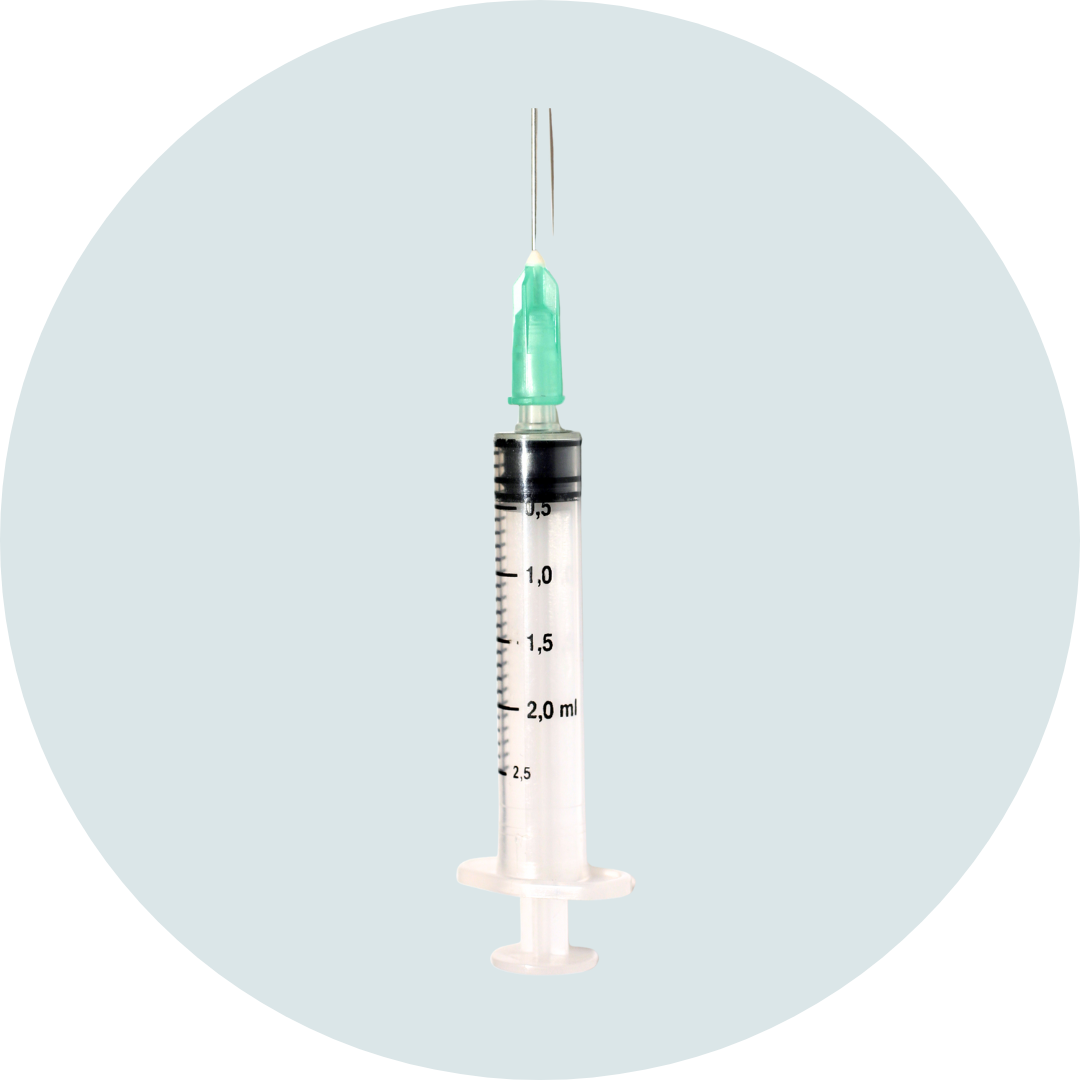
1 Reconstitution Syringe
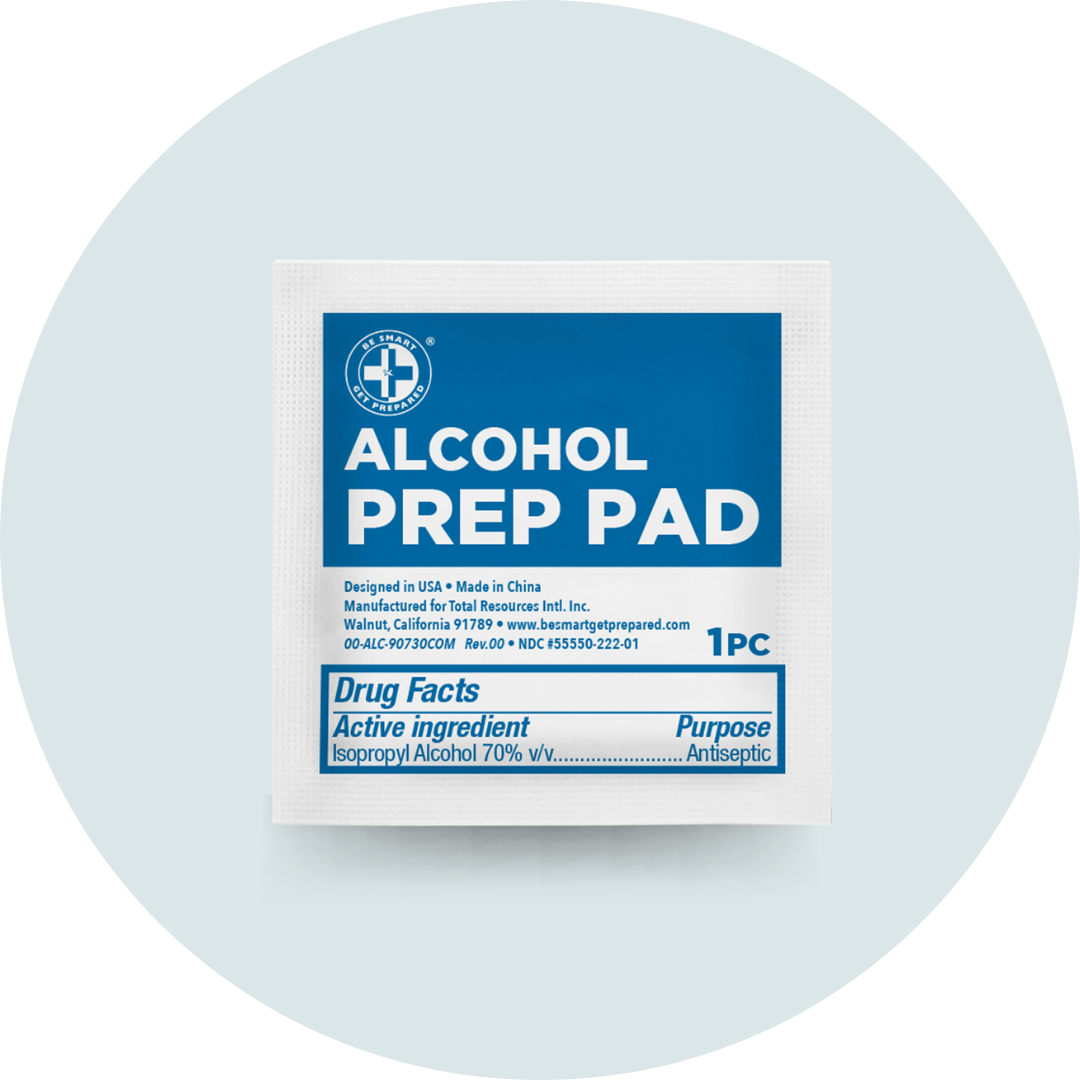
20 Alcohol Prep Swabs
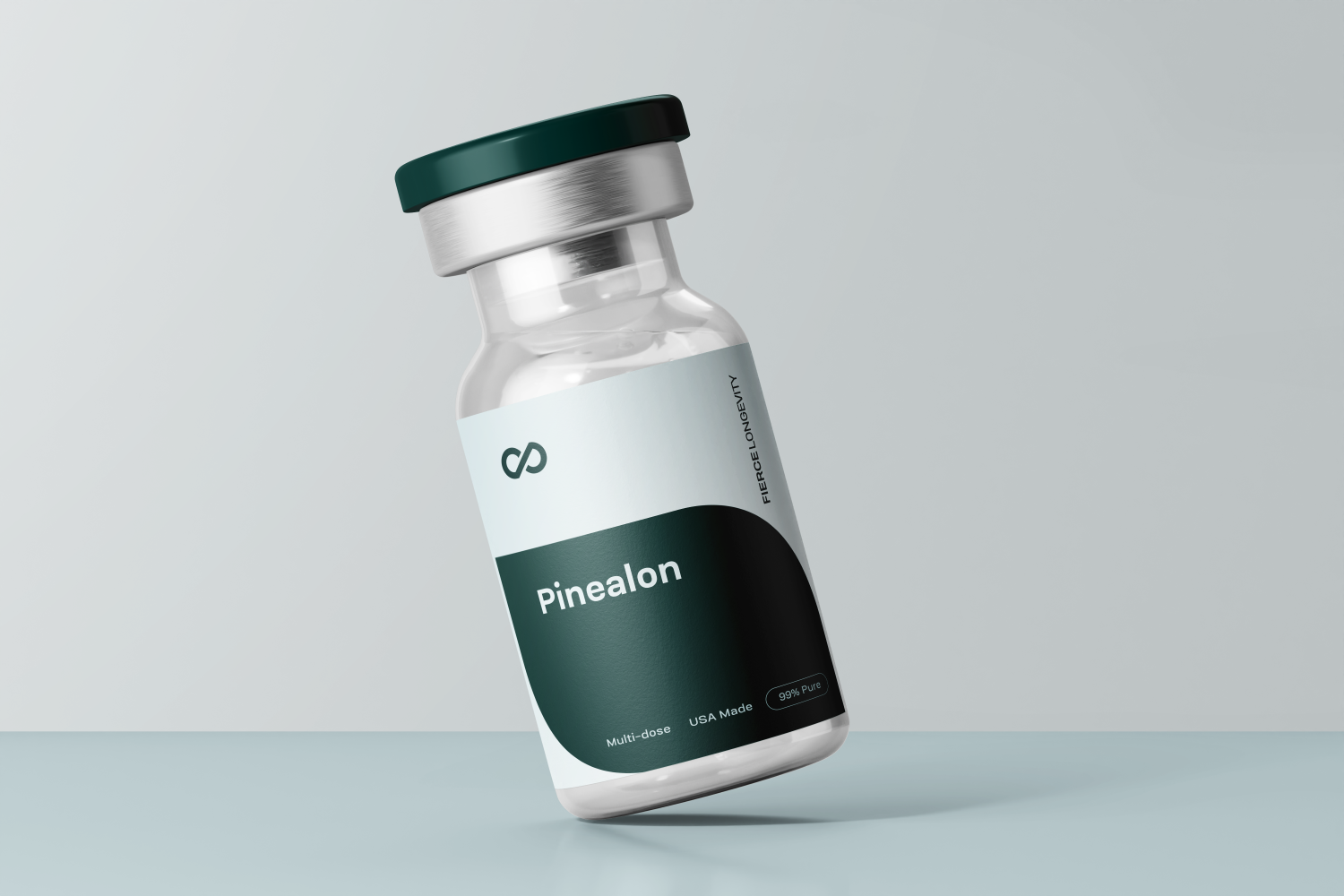
What Is Pinealon?
Pinealon (EDR) is a synthetic tripeptide that mimics natural peptides found in the brain.
Researchers classify it as a “bioregulator peptide”, meaning it may help regulate the expression of genes associated with neuron maintenance and repair.
Its small molecular size allows it to penetrate cell membranes easily, making it a promising target for research in neuroprotection and cognitive health.
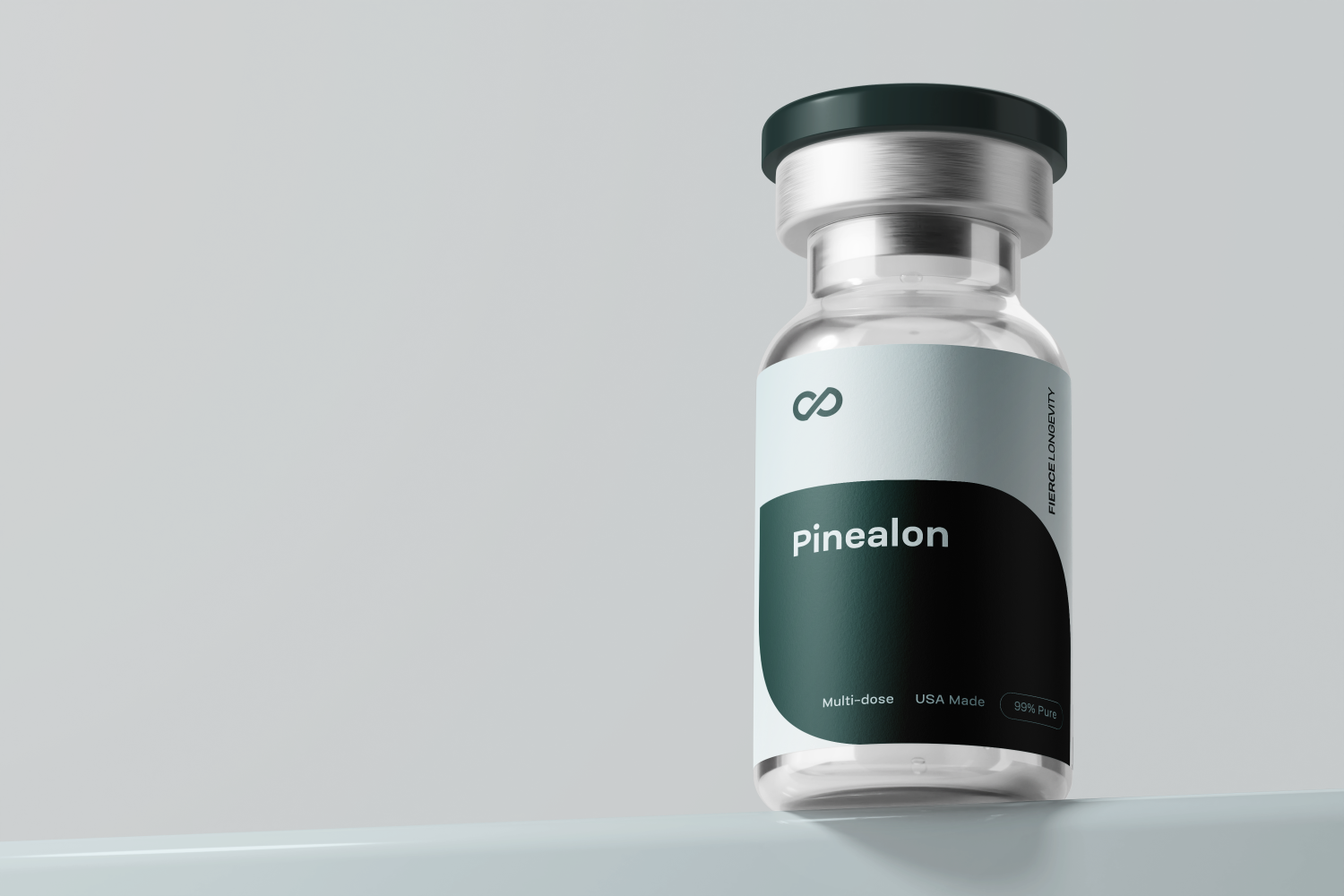
Why Choose Pinealon?
- Targets brain longevity and resilience at the cellular level
- Acts as a gene expression modulator, not just a neurotonic
- Studied for reducing oxidative stress and supporting energy metabolism
- May help model cognitive performance, focus, and recovery
- One of the few peptides that work on neuronal gene signaling rather than receptor binding
Pinealon FAQs
What is Pinealon used for in research?
It’s primarily studied for neuroprotection, cognitive longevity, and cellular stress defense in the brain.
Is Pinealon a sleep aid?
No, Pinealon isn’t a sleep peptide, though it’s sometimes studied alongside circadian and sleep-wake biology due to its neuroprotective effects.
How does Pinealon work?
It appears to act at the gene expression level, supporting genes responsible for neuronal repair, antioxidant defense, and cellular energy balance.
Is Pinealon similar to Epitalon?
Both are short peptides linked to anti-aging research, but Pinealon focuses more on brain and cognitive health, while Epitalon is studied for telomere and longevity effects.
What are the benefits shown in studies?
Reduced oxidative stress, enhanced mitochondrial protection, improved learning and memory in animal models, and slowed neurodegenerative processes.
Can Pinealon improve memory or focus?
Some studies suggest improved learning performance and attention, but these findings are preclinical and not proven in humans.
Does Pinealon cross the blood-brain barrier?
Due to its small molecular size, Pinealon may pass through the blood-brain barrier efficiently, which is why it’s a focus in neurobiology research.
Is Pinealon safe?
All safety data are limited to preclinical studies; it’s not approved for human or clinical use.
How is Pinealon typically used in research?
Researchers explore in vitro (cell cultures) and in vivo (animal models) applications to study its effects on neuronal resilience and gene modulation.
What makes Pinealon unique among peptides?
Its ability to act as a genetic bioregulator—influencing cellular expression directly rather than binding to receptors like most signaling peptides.
Is it taken alone or combined with other compounds?
In research, it’s often studied alongside other neuroprotective peptides like Epithalon or Semax for synergistic effects on brain health.
What kind of results do studies report?
Animal and cell studies show lower oxidative damage, enhanced neuron survival, and improved cognitive markers.
Is Pinealon naturally occurring?
Its amino acid sequence (Glu-Asp-Arg) mirrors short regulatory peptides that occur naturally in brain tissue.
Is Pinealon available for supplementation?
No. It’s sold strictly for research purposes and not intended for personal or therapeutic use.






